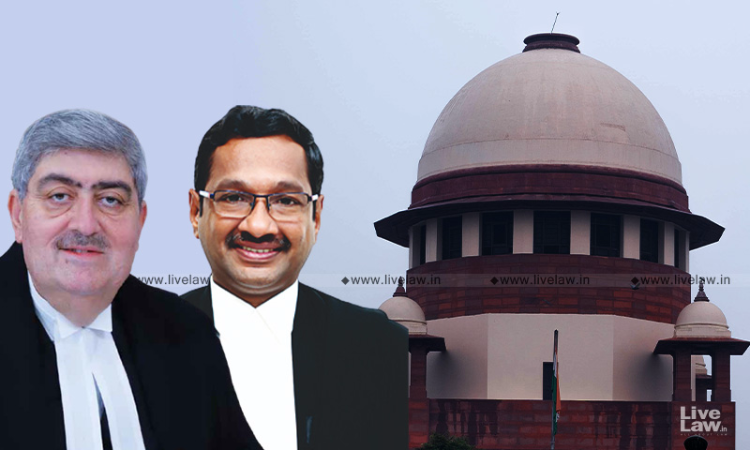Resignation Once Accepted Can't Be Withdrawn Citing Mere Delay In Relieving Employee : Supreme Court
Shruti Kakkar
27 Sept 2021 8:31 PM IST

Next Story
27 Sept 2021 8:31 PM IST
The Supreme Court has observed that mere delay in relieving an employee from his duties does not impact the acceptance of his resignation. The Court rejected the argument of the employee that he was entitled to withdraw the resignation citing the delay in relieving him of his duties."Once such a resignation was accepted, and not even assailed, there could be no...
